How assistive devices can support daily hygienic routines
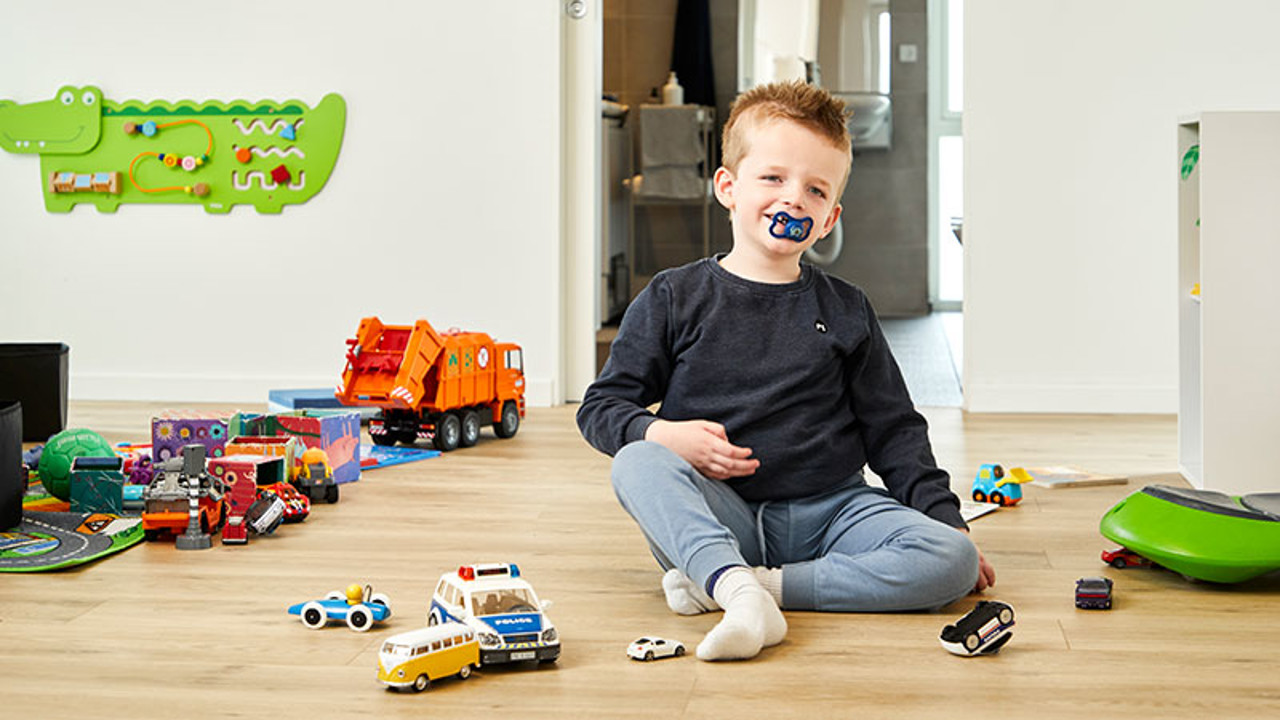
Age, readiness and cultural considerations
Initiating toilet training is a significant milestone in a child’s development, requiring careful consideration of their mobility and ability to sit independently.
For typically developing children, being able to access a potty or toilet and to sit without support are essential factors in starting this process. The age at which children start the process and achieve continence varies widely. Among other things, it is based on when a child show signs of readiness for training, when parents initiate training, on gender and cultural norms. Toilet training is started as early as six months of age in some countries and between 18 and 36 months of age in other countries.
Children living with disabilities often depend on assistive devices and postural support when starting toilet training. To establish daily routines that can lead to achieving both day and night-time continence, a collaborative approach is crucial, with professionals supporting both the child and their parents or caregivers.
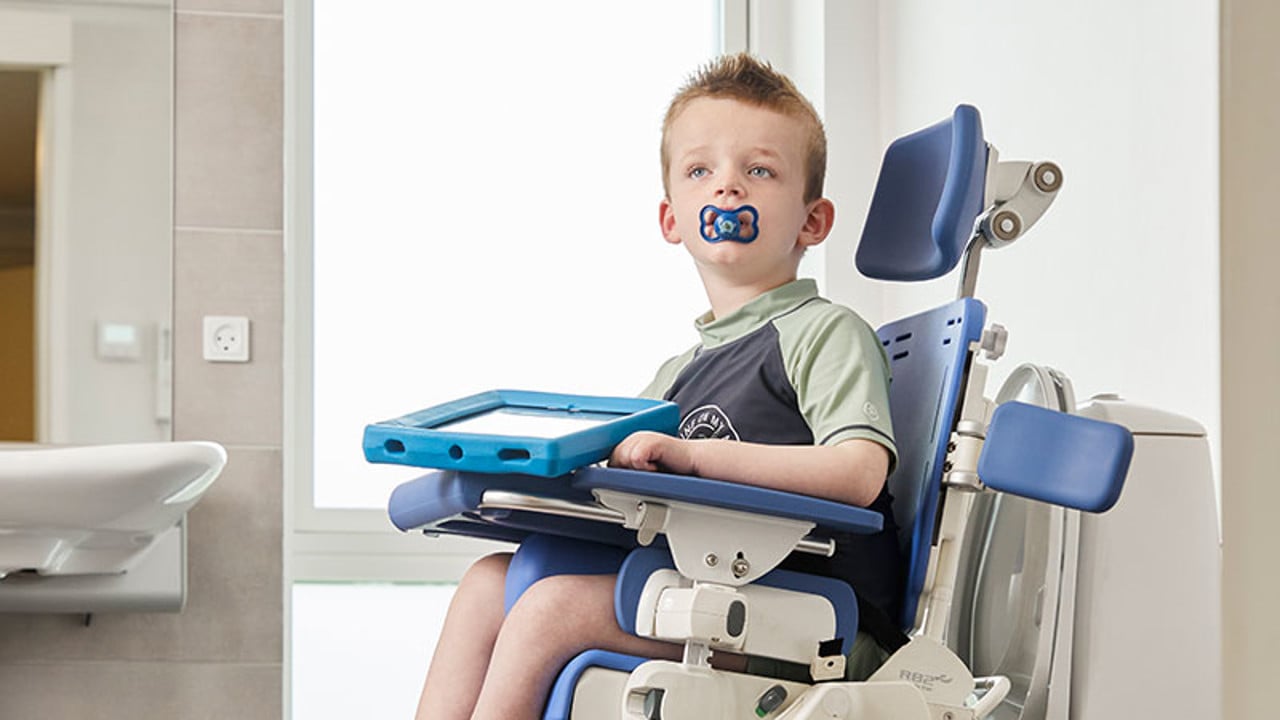
Tailored equipment for diverse needs
Children requiring postural support to maintain a seated position during toileting often also need additional support in other settings. For those experiencing constipation or difficulties with defecation, achieving the squatting position can prove beneficial.
Therefore product solutions for toilet training must be carefully selected and adapted to meet a child’s individual needs. Consideration of their functional abilities – including standing, walking and trunk control – is vital, as these factors may necessitate wheeled mobility or additional postural support, such as side or head support. Diagnoses such as cerebral palsy, clinical syndromes and spina bifida each bring unique challenges. For instance, children with cerebral palsy may face progressive limitations in musculoskeletal function as they age, requiring personalised adaptations to their equipment. For those with clinical syndromes, awareness of the child’s motor development prognosis is essential to properly adjust accessories for ongoing support. Children with spina bifida may require solutions for catheterisation and bowel evacuation.
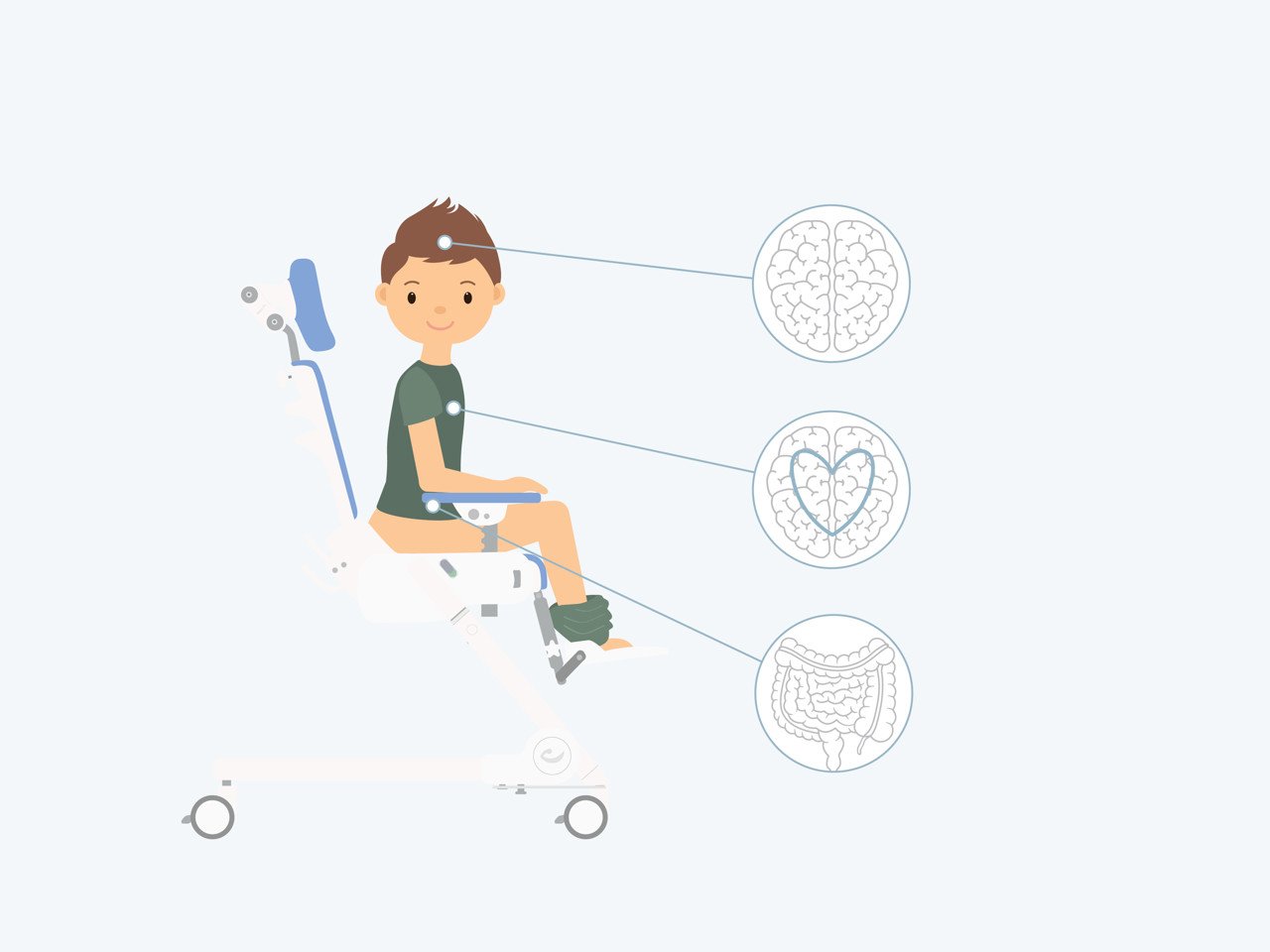
Enhancing independence and quality of life
Participation in daily toileting routines and developing personal hygiene skills significantly enhance self-care abilities, a sense of dignity and overall quality of life. It is vital to foster independence and comfort, ensuring that the child’s dignity is respected and caregiving is as straightforward as possible. Adaptable and functional assistive toilet and bath chairs provides the necessary support for those who cannot sit unsupported or stand during bathing and toileting. Choosing the right chair for your child is determined by the child’s functional ability, not just by their diagnosis.
Creating accessible home environments with adaptive toileting options can remove substantial barriers to participation. Evidence shows that appropriate toilet and bath chairs can positively influence both a child’s involvement in self-care activities and parental perceptions of the child’s abilities. Through practical design, which takes into consideration the unique requirements of a child with disabilities, products like the Flamingo Curo and Swan Curo empower them to actively engage in their daily hygiene routines, promoting independence, self-esteem and overall wellbeing.
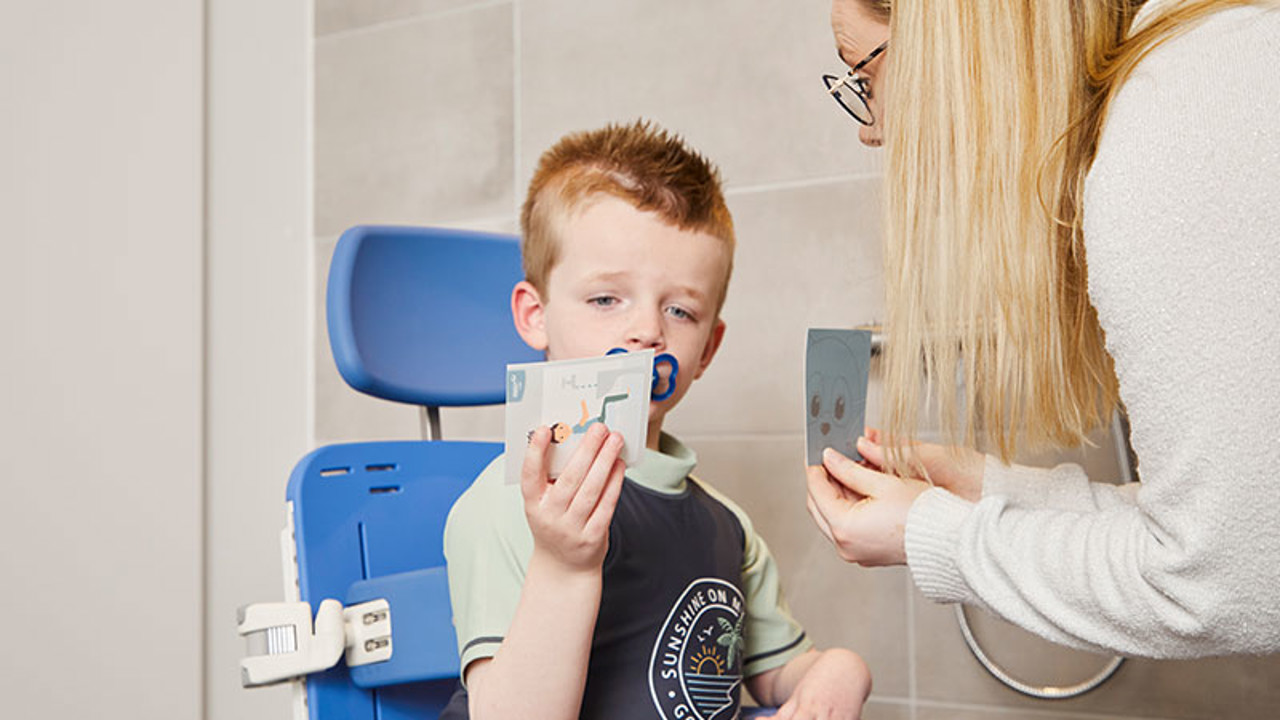
To support the child's understanding and communication during daily hygienic routines, using communication cards can improve their independence and participation.
By approaching toilet training with knowledge, compassion and dedication from an early stage, we can ensure that every child has the opportunity to reach key developmental milestones with comfort and dignity.
Access to toileting is a human right!
The United Nations highlighted the universal understanding of the importance of access to sanitary facilities and physical access to toileting and handwashing by making access to sanitation a human right in 2010. The World Health Organisation states that apart from obvious healthcare risks associated with poor sanitation, such as diarrhoea, access to sanitation can promote a sense of dignity.
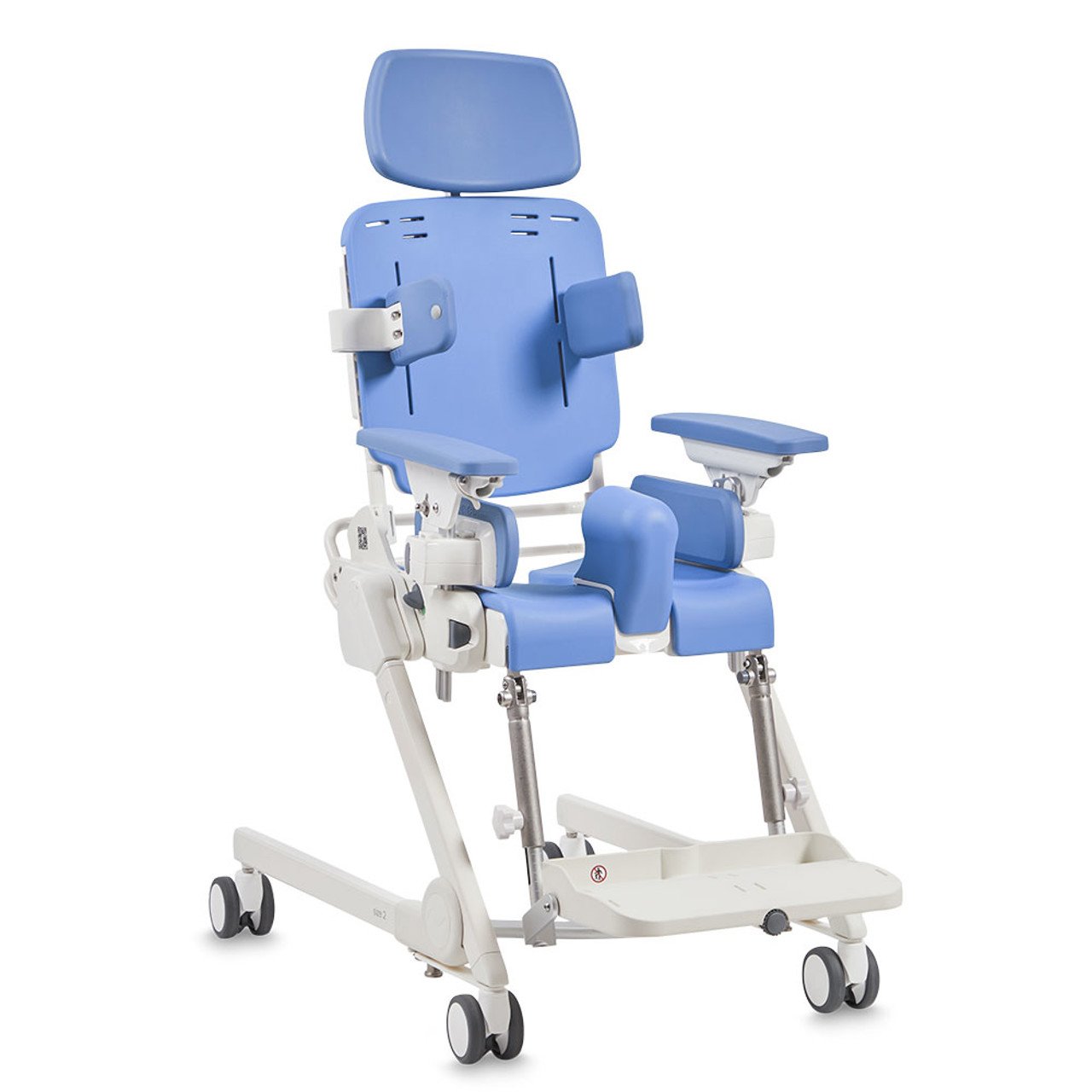
R82 Flamingo Curo
The Flamingo Curo is a modern and adaptable toileting and bathing chair designed for children, youngsters and caregivers.
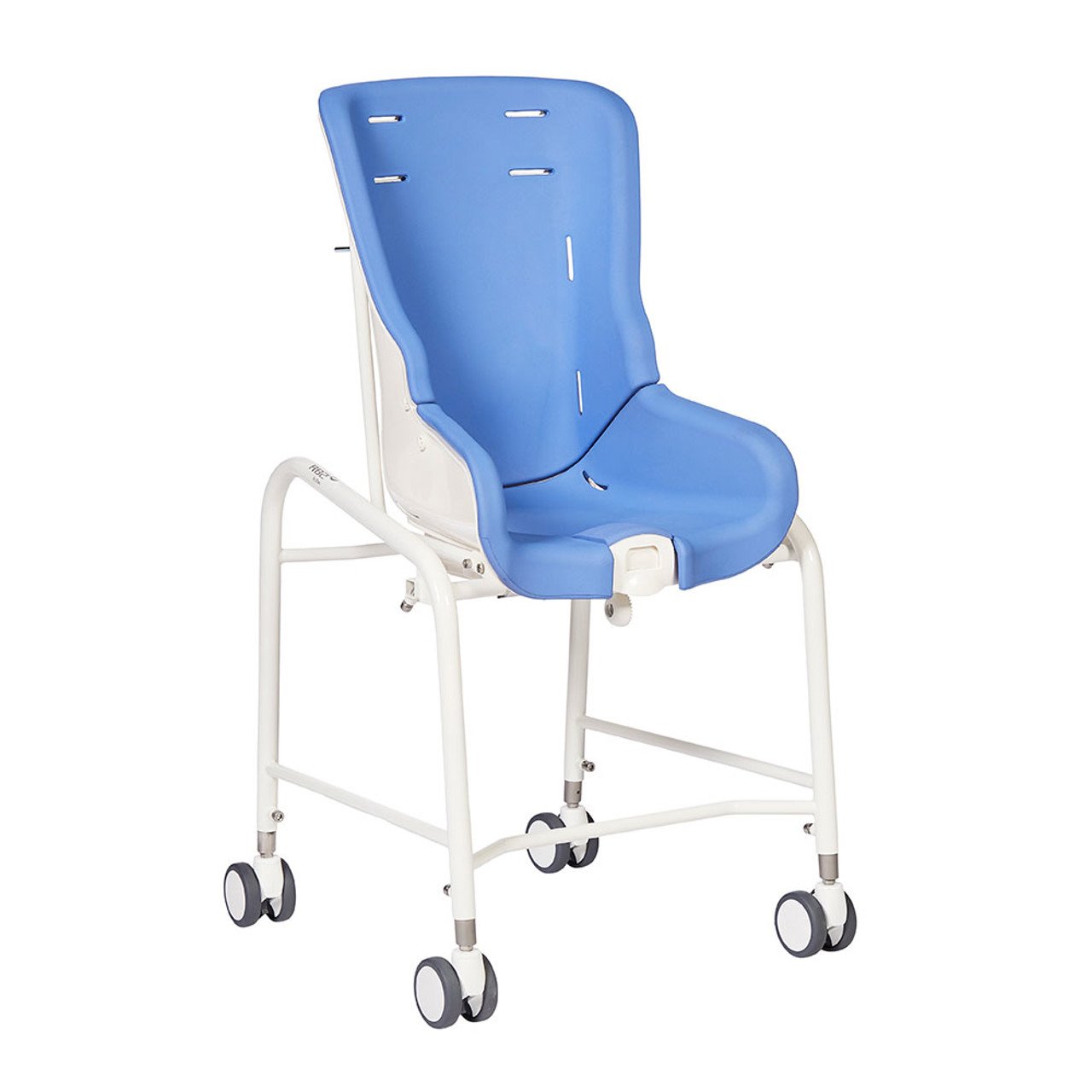
R82 Swan Curo
The toilet and bath chair has a minimalistic design and is relatively small, making it ideal for many bathrooms and homes.
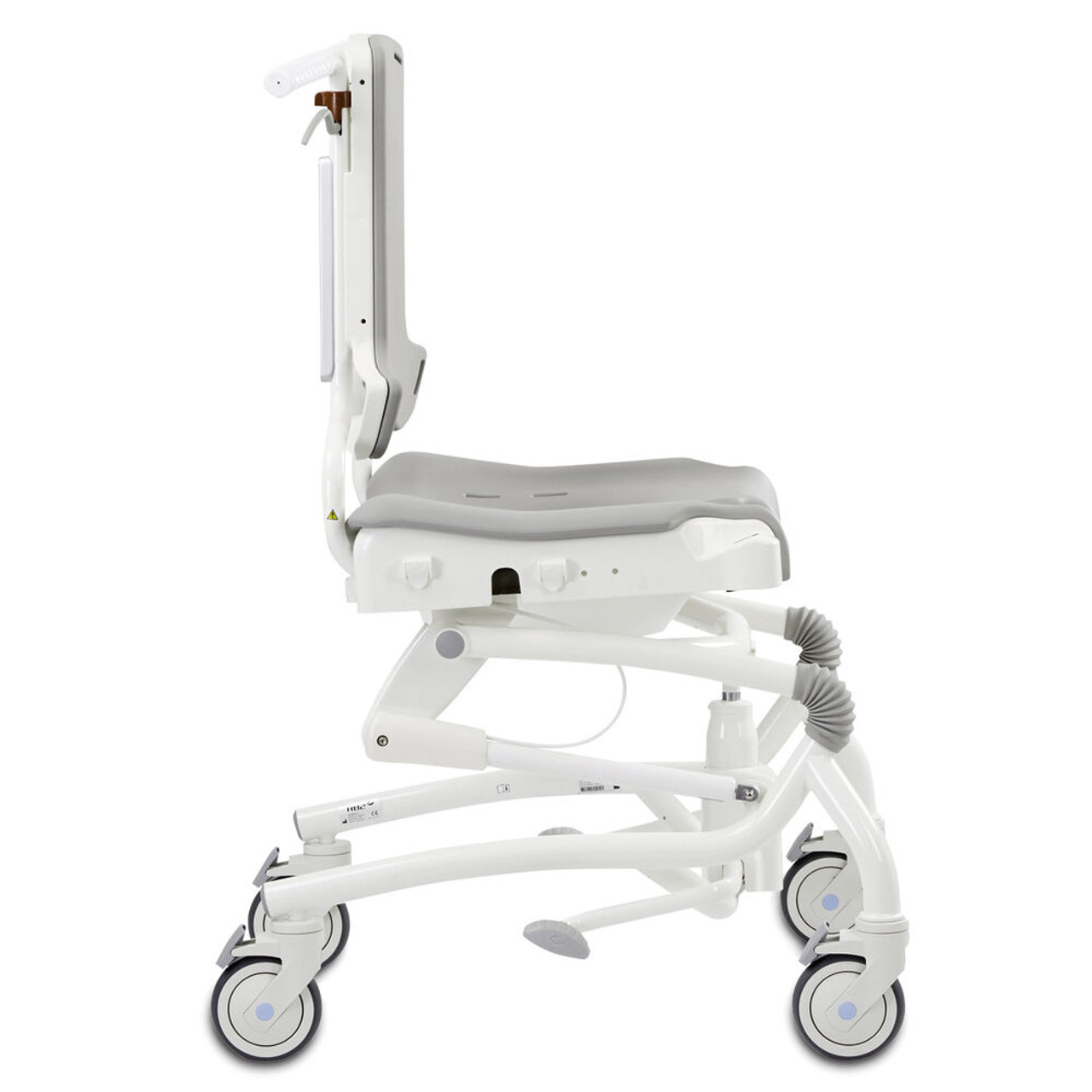
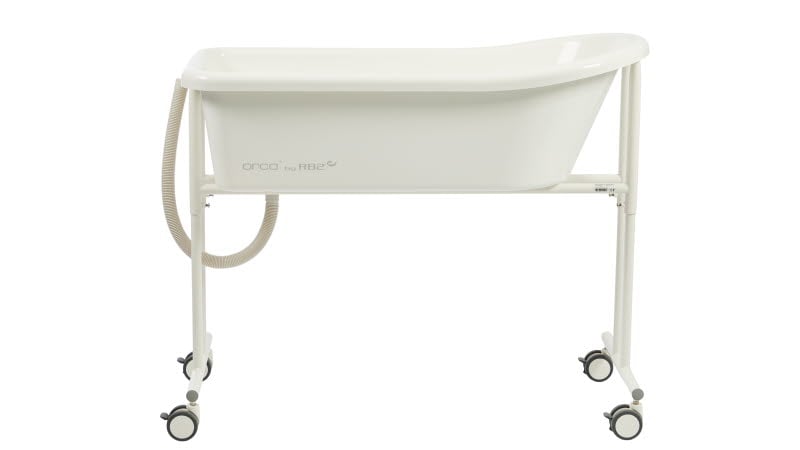
R82 Orca/Penguin
The Penguin can be used in the Orca bath tub, but fits ordinary bath tubs as well. With its suction cups, the Penguin sits firmly on most smooth surfaces.
